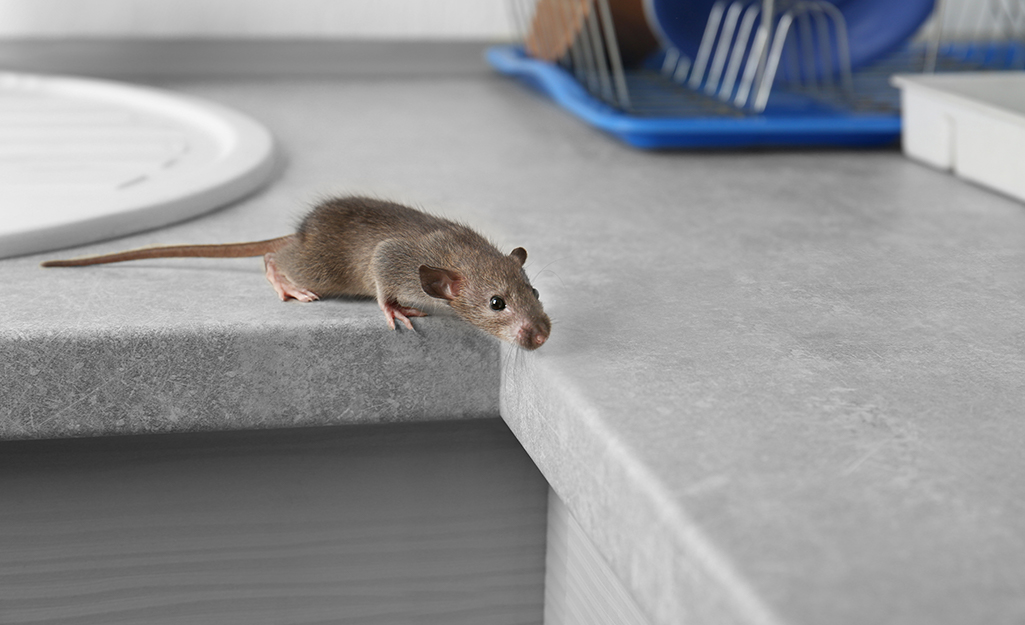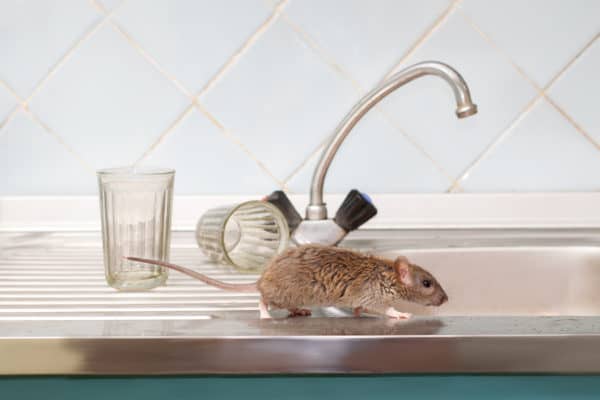Dealing with pests is not only annoying but can also pose serious health risks and damage to your property. Implementing long-term pest prevention strategies is essential for maintaining a safe and healthy living environment. In this article, we will explore various strategies that can help you prevent pests from invading your home or business in the first place.
Successful pest prevention involves understanding the root causes of infestations and addressing them systematically. Let's delve into some comprehensive strategies for effective long-term pest management.

Understanding Pest Behavior and Habitats
To implement effective pest control strategies, it's crucial to understand the behavior and habitats of common pests. Many pests are opportunistic, taking advantage of food, water, and shelter in your home. By learning about common pests' habits, you can predict where they are likely to settle and take steps to eliminate these conditions.
Identify and Eliminate Attractants
One of the easiest ways to prevent future infestations is to identify and eliminate things that attract pests. This includes securing food in airtight containers and removing water sources. For more detailed guidance, you can refer to our article on foods that invite rodents.
Seal Entry Points
Pests often enter homes through cracks, gaps, and other openings. Inspect your home for any points of entry and seal them with appropriate materials such as caulk or weather-stripping. Our guide on homeowner pest solutions can provide more tips on safeguarding your property.
Maintaining a Clean and Tidy Environment
A clean home is less inviting for pests. Regular cleaning, including sweeping floors and wiping surfaces, can eliminate potential breeding grounds. Keeping your yard clean and free of debris also helps minimize habitat for pests.
Regular Monitoring and Maintenance
Routine inspections and maintenance of your home are vital for long-term pest control. Regularly check for signs of pest activity and take corrective actions promptly. Consider consulting our guide on rodent traps for proactive measures.
Professional Pest Control Services
While DIY methods can be effective, certain infestations require professional intervention. Engaging pest control services ensures a thorough assessment and treatment plan tailored to your specific needs.
Natural and DIY Pest Control Techniques
For those who prefer eco-friendly options, natural pest control techniques can be effective. Essential oils, vinegar, and diatomaceous earth are among popular natural deterrents, providing a safer alternative to chemical pesticides.
The Role of Technology in Pest Control
Innovations in pest control are continually evolving, offering high-tech solutions such as electronic traps and monitoring systems. Discover how these modern traps can support your pest management plan by visiting our modern pest solutions page.
The Importance of Community Involvement
Pest control is not just an individual effort; it requires community collaboration. Sharing information and coordinating with neighbors can significantly amplify pest prevention efforts. For more insights, check out important pest control tips.

FAQ Section
How often should I inspect my home for pests?
It's advisable to conduct inspections seasonally or at least twice a year to catch potential infestations early.
What are some indicators of a pest problem?
Common signs include droppings, gnaw marks, unusual odors, and visual sightings of the pests themselves.
Are there any pets-safe pest control methods?
Yes, natural methods like essential oils and mechanical traps are generally safer for pets. Always choose non-toxic options when possible.
This article contains affiliate links. We may earn a commission at no extra cost to you.
